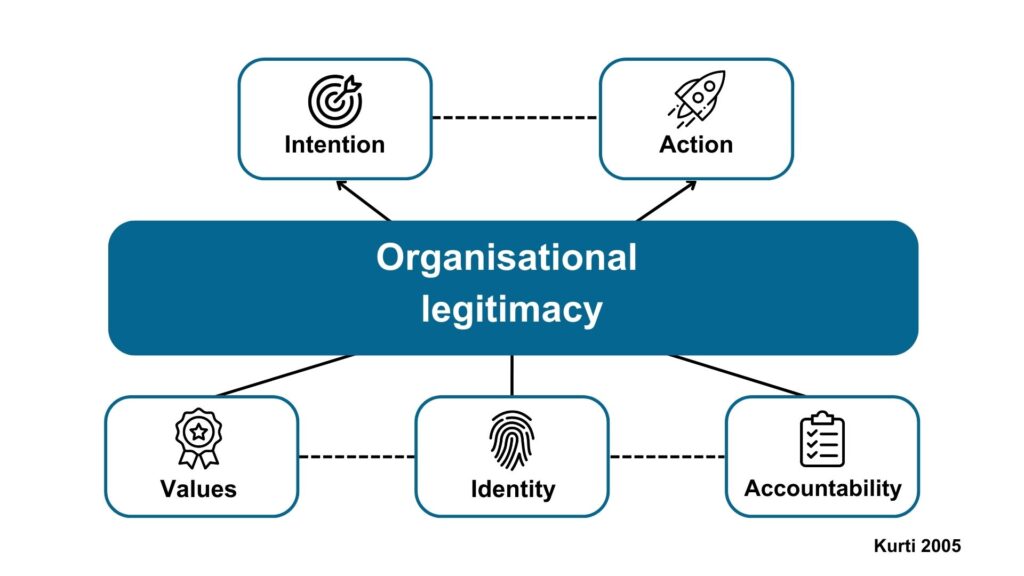The Not-for-Profit Governance and Performance Study 2022-2023, released by the Australian Institute of Company Directors (AICD) notes the mounting challenge on NFPs to “look with a wider lens and understand their role in, and impact on, society” (p6). This is a good thing because NFPs need to be accountable and to demonstrate their commitment to pursue charitable objectives.
At the same time, it requires more of directors than ever before, and nearly half of directors who responded to the AICD survey reported that they are spending more time on governance matters than in previous years, a trend that has increased each year of the survey.
The NFP sector is diverse in size, focus and scope; one-third of charities have revenue of less than $50,000 while only 5% have revenue of over $10million, according to a recent report by the Australian Charities and Not-for-Profit Commission (ACNC). Australians continue to be generous supporters of the charitable sector, supplying $13bn of the estimated total of $190bn revenue for the sector in 2021.
Of the approximately 600,000 NFPs in Australia, according to a 2018 Treasury report, about 246,000 of these are registered for tax concessions, a mark of the value that government places on the contribution of the NFP sector. Of these, a smaller number (about 59,000 according to the ACNC report) are registered under the ACNC, meaning that they are subject to additional regulation.
We depend on the charitable sector for a wide range of services including health and aged care, child care, and support for people in crisis. NFPs also support neighbourhoods and communities through providing avenues for social engagement, sports, the arts, and education. Accordingly, the leadership and governance requirements of each organisation vary considerably, from neighbourhood committees to paid boards.
NFPs do not work in a vacuum. They are by nature created for a purpose and shaped through the forces of social and community relationships. NFPs are held accountable through regulation but even more through their reputation; their voice gains or loses legitimacy to the extent that it is congruent with its stated values and identity. This legitimacy also drives the intentions of the organisation (what are we here to do?) and ultimately its actions (how do we act?), with the risk that actions do not always reflect the good intentions of the organisation. These elements continually shape organisational culture, creating a virtuous circle but equally creating an existential risk for the organisation if they are ignored.

Values (why we exist), identity (who we are), and accountability (how we operate) are the foundation blocks for organisational legitimacy, or what has been called the ‘social license to operate’.
Organisations that act in ways that are congruent with their values demonstrate credibility as a trustworthy organisation able to hold itself to account to its donors, supporters and constituency. These foundations create that legitimate authority by which an organisation can speak about what is important, whether it is advocating for the climate, social justice, or the care of those in need.
It is critical that leaders and boards take time to reflect on their organisational identity and how it manifests in the world, to avoid losing their legitimacy. Here are three questions leaders and boards can ask themselves:
- How well does our work reflect our values?
- How well do our results reflect our intentions?
- How best can we demonstrate that the trust placed by us donors and supporters is well founded?
My research and experience have shown that reflecting on these questions can help organisations to hone in on what is most important, clarify the action required to support operational excellence, and ensure the organisation holds fast to its guiding purpose. Try it and see.

